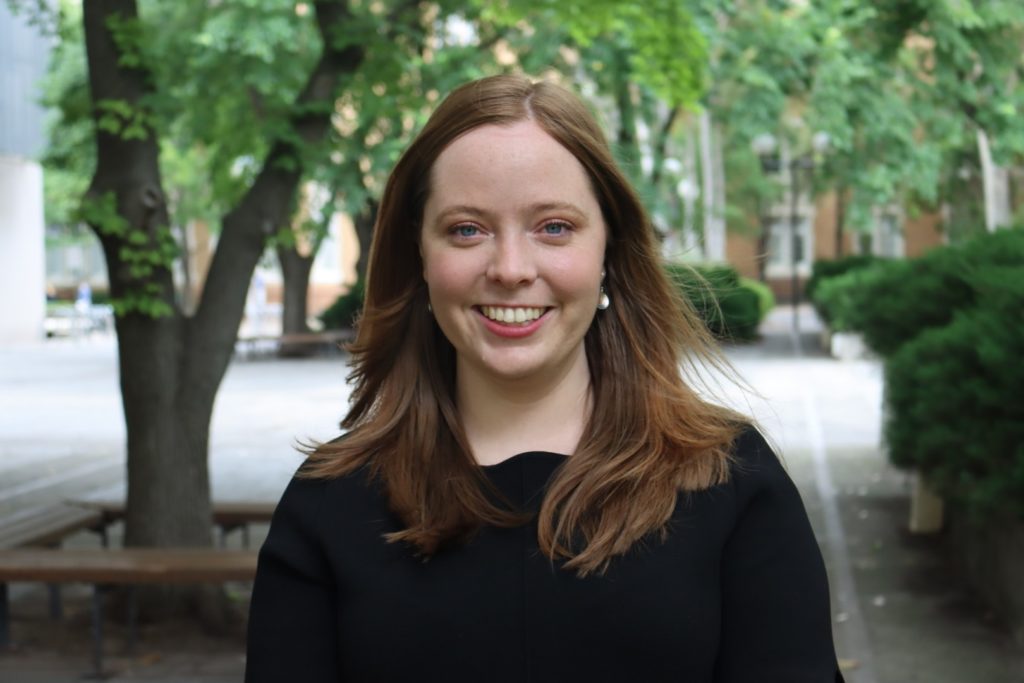Making decisions about blood cancer and your fertility
Decisions that arise after a blood cancer diagnosis are often related to immediate everyday life: finding a place to stay during treatment or taking leave from work or study.

But for many people facing blood cancer, decisions about their future – and the future of their family – must also be considered.
Ella Sexton, a clinical psychologist at the Peter MacCallum Cancer Centre in Melbourne, says there are a variety of different experiences when it comes to blood cancer and fertility.
“Some people might be in the midst of a diagnosis and making decisions while under stress; or some people have had treatment in the past, and it might be years into the future where they’re thinking about making fertility decisions,” she says.
“There are lots of emotions that come up around infertility, including sadness, anger, loss, hopelessness, and sometimes a sense of shame or embarrassment. All of these feelings are ok and normal, but they can feel really overwhelming.”
Ella advises on a few steps you can take to help the process.
Step 1: Gathering information
A good first step is to gather a list of questions in the lead up to medical appointments.
Ella recommends keeping a list of questions for your doctors and adding to it between appointments as new questions arise. She says that this helps take the load off your mind having to remember them.
Many patients struggle to take in all the new information in medical consults, especially when they are feeling overwhelmed or facing big decisions. Ella suggests bringing a friend or family member to be a “second pair of ears” to listen and write key down information or you can ask if you can record the consultation with your doctor on your phone to listen back to later.
Ella says that some people worry about being a burden or asking too many questions of their doctors but she advises that looking after your health and getting the information you need is a priority and encourages patients to give themselves permission to ask all the questions they need.
Many patients worry they will forget to ask an important question during their consult. Ella encourages people to see if they can follow up with their clinicians later.
“Ask your doctors, if I think of a question later – who do I contact? What’s the best way to get in touch? It takes the pressure off, to know there’s more opportunities to get your questions answered later,” she says.
Ella says that in this information-gathering phase, online resources can be useful, but ensure they are from reliable sources.
Step 2: Evaluating your options
After you have equipped yourself with information about blood cancer and your fertility, it’s time to evaluate your options and find out what could work for you.
To evaluate your options, try using a structured approach to work through your decision by considering each option in line with your values and what is important to you.
To begin, Ella advises to “list your options for starting a family, and the benefits and drawbacks for each option.”
“For each benefit or drawback, rate how important it is to you based on your values. This will be different for everyone because we all value different aspects of life in different ways.”
By keeping a written record, you can gather your thoughts at the time, share this record with close confidants or your medical team and also have something to look back in the future about why you chose the course of action that you did. This can be really helpful to support you to feel comfortable with a tough decision that you have made.
After you have finished documenting your options and rating these according to your values, it may become clearer which options you are leaning towards, which options you are not sure about yet and which options might be a good fit for you, given your values and circumstances.
Step 3: Drawing on your supports
Think about who you want to involve in your decisions around fertility. This may be your partner or family members, as well as other people in your support network.
You may like to consider:
- Who are people I find helpful to talk to about tough decisions?
- Who are people who I find unhelpful to talk to about tough decisions?
Remember that this a highly personal decision and up to you who you choose to involve in the process. Ella encourages patients to reach out to helpful and supportive people in your life and to equally feel comfortable pulling back temporarily from people who you do not find helpful for making tough decisions. Don’t forget to also consider talking to allied health staff for further guidance.
“If your worries or mood are significantly getting in the way of day-to-day life, seek fertility counselling or mental health support,” advises Ella.
The Leukaemia Foundation offers free counselling with trained staff who are health professionals. Please contact us on 1800 620 420 or submit an online request form here.
Ella shared information about making decisions about your fertility in a recent webinar run by the Leukaemia Foundation, ‘Fertility and blood cancer’. You can watch this webinar recording here and view our other upcoming webinars here.